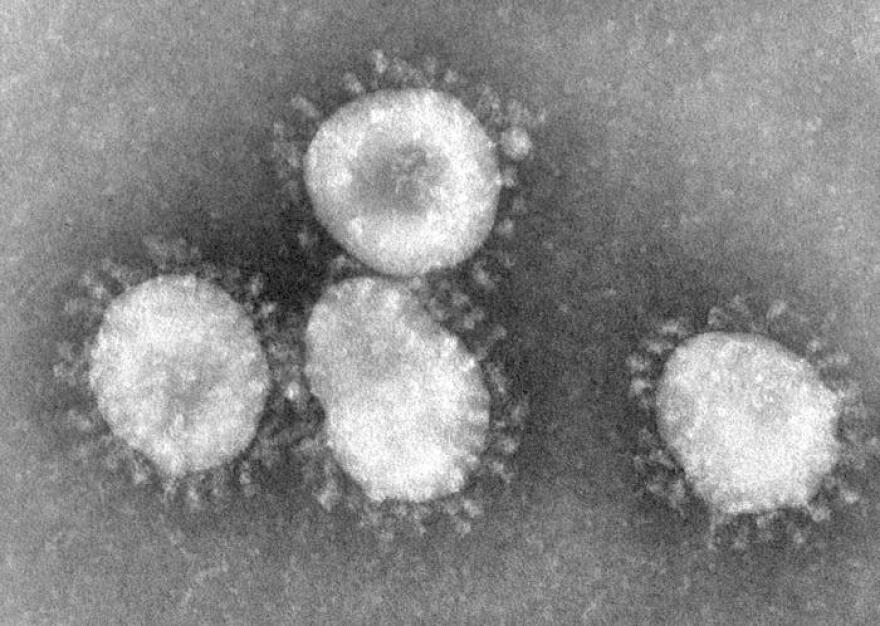Scientists at UNC Chapel Hill have discovered a new virus that's a distant relative of SARS. They published their findings in the journal this week.
Epidemiology and immunology Professor Ralph Baric says this virus is on the opposite end of a genetic range of coronaviruses found in bats that can also affect human cells. Baric and his team are now working to develop a vaccine.
"These are the two boundaries that you need to make sure your vaccines and drugs work against," Baric says. "And if you do, if you can get the bookends, then you can probably control everything else in between."
Both can infect human lung tissue. A SARS outbreak killed 800 people a decade ago.
But because of public safety concerns, that could result in viruses like SARS being made stronger in labs.
Baric's research has been cleared so far, he's worried about vaccine experiments.
"Since the final decision has not been made, we could be stopped from doing any of this in the future."
Baric says he wants to have a potent vaccine ready in case of an outbreak, rather than needing to wait and develop one after an outbreak occured.










